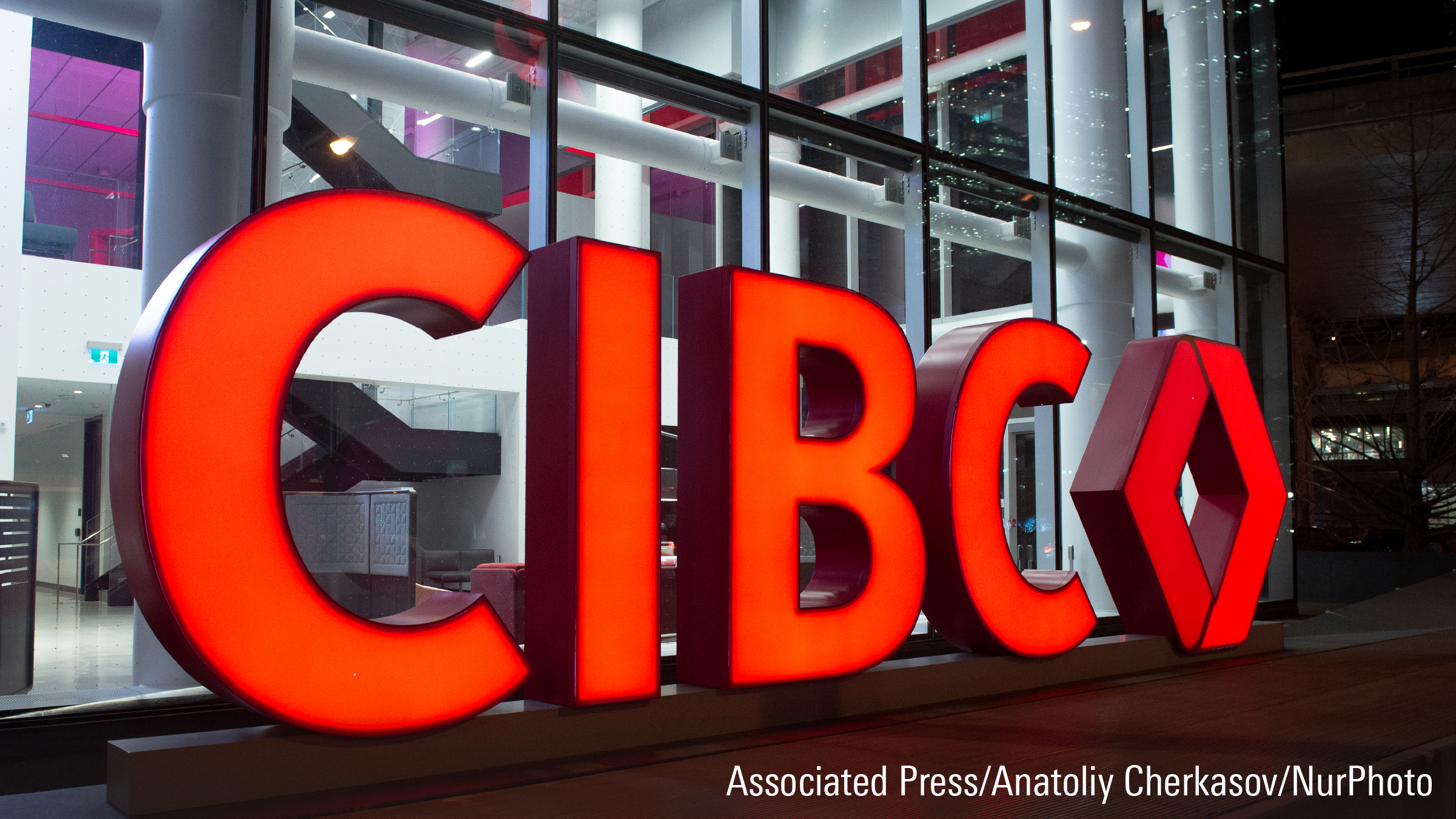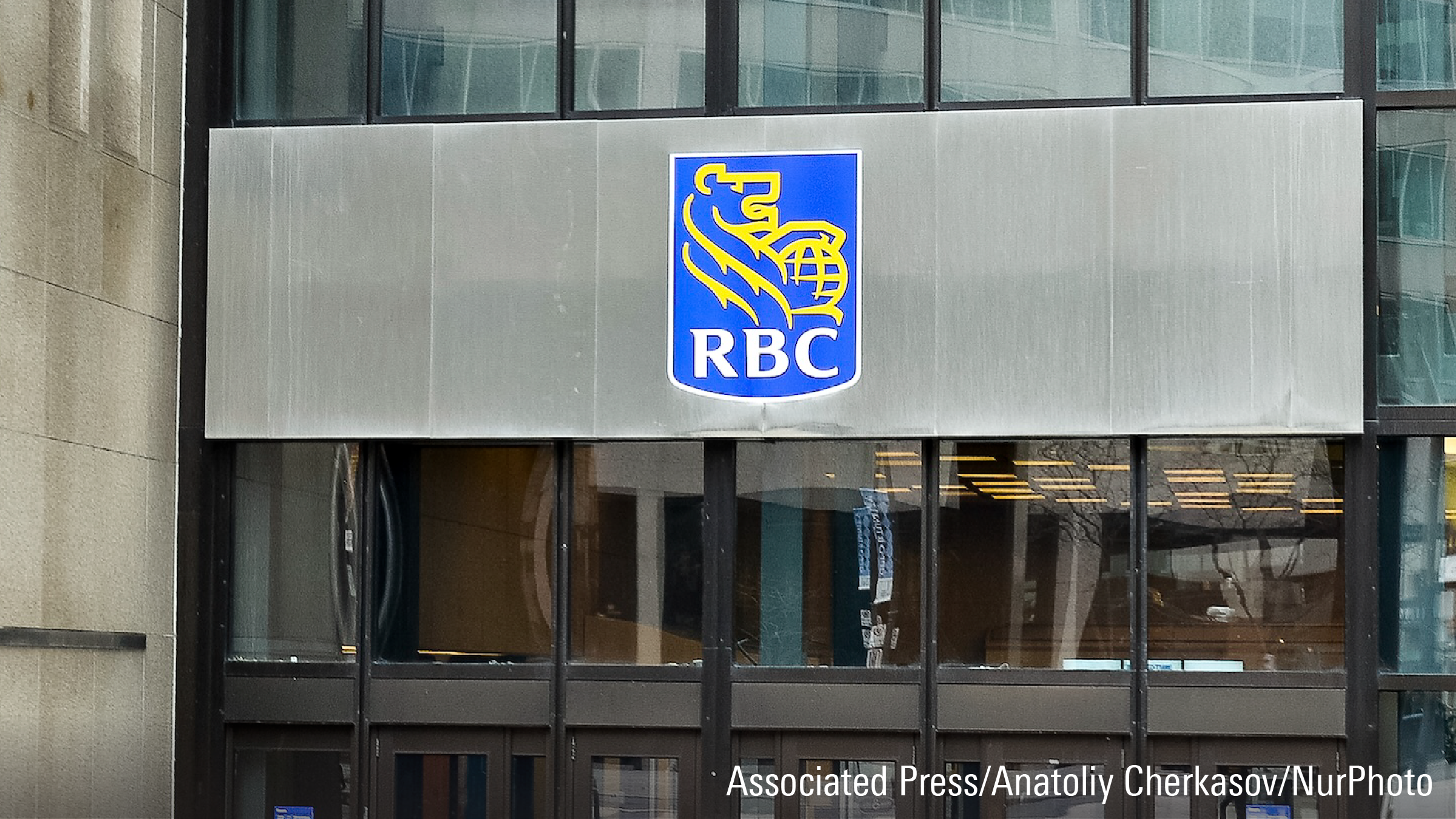
CEO Abby Johnson transformed Fidelity Investments from a firm reliant on active management of traditional mutual funds to one that now offers financial advice, brokerage services, and index funds. GM CEO Mary Barra, the first woman CEO of a “Big Three” automaker, is pushing innovation in electric vehicles. CEO Sallie Krawcheck, who launched Ellevest as a digital financial advisor for women, is an outspoken—and often quoted—proponent of closing the gender pay gap.
Don’t let these successful headline makers fool you, though: Women still hold a disproportionately small number of CEO roles among U.S. companies. How small? Only 8% of the companies on Morningstar’s list of the Best Companies to Own are led by female CEOs.
Of course, buying a stock simply because the company’s CEO is a woman doesn’t make any more investment sense than buying a stock simply because the company’s CEO is a man. Instead, you want to examine fundamentals, consider valuation, and apply whatever other investment metrics matter to you before buying. Moreover, CEOs come and go. That woman-led company may be managed by a man—and vice versa—soon enough.
Inspired by International Women’s Day, we’re highlighting the companies with female CEOs that made our list of the best companies to own in 2023. These companies earned their spot on the list by having carved out wide Morningstar Economic Moat Ratings and having made smart decisions with their capital.

Here’s a closer look at three of the names from this list of high-quality companies with women CEOs.
Accenture ACN
Accenture’s CEO, Julie Sweet, took over the helm in 2019 after nearly 10 years at the company and holding various positions, including CEO of Accenture’s North American business, general counsel, secretary, and chief compliance officer. She strives to promote a culture of diversity, equity, and inclusion at Accenture and beyond.
“Accenture is one of the largest IT-services companies in the world, providing both consulting and outsourcing capabilities. We think that Accenture’s growth will remain at a healthy and gradual pace, rather than experience a massive uptick. Still, with the company’s prominent reputation, which we believe to be crucial to the consulting business, and its proven ability to bring expertise to a gamut of enterprise issues, we are confident Accenture will maintain its wide economic moat.
“As a consultant, Accenture provides solutions for specific enterprise problems as well as broad-scope strategies in addition to integrating software for more than 75% of the global top 500 companies. As an outsourcer, Accenture offers business process outsourcing like procurement services as well as application management. Slicing across both divisions, Accenture has stressed the increasing portion of its business as ‘the new.’ This includes its digital marketing agency, Accenture Interactive, as well as its applied intelligence, supply chain, cloud, and security services. In our opinion, however, there is always something new in the realm of enterprise technology to keep Accenture relevant and engaged with its most important customers.
“In our view, Accenture's wide moat stems from intangible assets associated with a stellar reputation for reliability and strategic and technological know-how, especially with large, risk-averse enterprise customers. We also believe Accenture benefits from high customer switching costs as its key customers are loath to switch service providers for large or ongoing contracts. Further, we think Accenture generates industry-leading returns on capital because of its scale, given that there are only so many blueprints and software partners that an IT-services company needs to solve enterprise problems. Plus, with Accenture having one of the largest IT workforces (at half a million) and an industry-leading number of diamond accounts (typically $100 million annually or more), smaller IT-services companies may find it hard to keep up with the increasing innovation and know-how required to service enterprise technology.”
—Julie Bhusal Sharma, analyst
Clorox CLX
Clorox CEO Linda Rendle assumed her position in 2020 after 20 years with the company and holding various leadership roles. She also values diversity, equity, and inclusion and attributes her career trajectory to mentors who have supported her along the way.
“The pandemic prompted consumers to scour the shelves for Clorox’s fare, boosting sales. And even as volume growth is decelerating, we don’t think consumers are turning their backs on Clorox’s cleaning and disinfecting products, as overall sales remain well above where they were before the pandemic (to the tune of 7% in its fiscal second quarter). This prowess is further evidenced by its disinfecting wipes offering, which has been gaining market share.
“However, Clorox (with a host of firms in an array of industries) is facing a rampant surge in broad-based cost pressures (qualitatively referred to as unprecedented relative to the last few decades). In this vein, management indicated higher manufacturing and logistics costs were a 100-basis-point drain in the second quarter, and commodity price inflation ate into gross margins by another 240 basis points. Beyond extracting inefficiencies to deflect these higher costs, management has also been raising prices across a swath of its mix, most recently in December (its fourth round since the fall of 2021)—similar to peers.
“Despite this angst, we expect management will continue investing to ensure its prowess holds. In this context, Clorox intends to invest $500 million over the next few years to bolster its digital capabilities (in light of the stepped-up e-commerce adoption that has taken hold since the onset of the pandemic) and to look for additional productivity advancements within the organization, which we view as a prudent way to fuel added investments. And we’re encouraged Clorox’s strategic playbook remains tethered to bringing consumer-valued innovation to market and touting its fare in front of consumers, which we view as particularly critical against the current backdrop (elevated inflation and intense competition). More specifically, Clorox goes to bat with lower-priced private-label offerings in most of the categories in which it plays, but we think investments in innovation and marketing should help its products stand out on the shelf and stifle trade down. This underpins our forecast, which calls for Clorox to direct 12% of sales annually (about $1.0 billion) toward research, development, and marketing.”
—Erin Lash, sector director
Zoetis ZTS
Kristin Peck, who became CEO of Zoetis in 2020, helped the company make its initial public offering in 2013. She serves on the board of directors of Catalyst, a nonprofit that helps companies create environments that support women, particularly women in leadership.
“Zoetis capped off 2022 with strong performance in the fourth quarter, and our minor adjustments weren’t enough to materially move our fair value estimate. For the full year, Zoetis delivered 8% operational revenue growth along with 11% adjusted earnings growth, which is largely consistent with Zoetis’ prepandemic performance. Though shares are now fairly valued in our view, we remain enthusiastic about Zoetis’ wide economic moat. From quarter to quarter through 2022, we saw evidence of this wide moat in the ongoing adoption of its companion animal therapies across different disease states. Zoetis has racked up a stellar track record of innovative therapies for dogs and cats that once again saw double-digit growth in the fourth quarter, with the U.S. up 12% and international up even higher at 21% in operational growth. We see little in the competitive landscape to rock Zoetis’ intangible assets in the companion animal segment.
“Quarterly adjusted gross margin was slightly short of our expectations due to rising manufacturing costs and foreign exchange. However, we view this as a minor blip and anticipate the firm can make up some ground in 2023 as it rolls out price increases. As we’ve seen with leading companion animal diagnostic firm Idexx, conditions are conducive to assertive price increases with little threat to pullback in demand. For Zoetis, full-year volume grew 5% while price contributed 3%.
“We think there is room to press on price, especially considering the strength of the firm’s product franchises in dermatology and parasiticides. As always, we keep an eye out for signs that pet owners have lost their appetite for spending on Rover. Though Zoetis saw quarterly animal clinic visits decline 4% year over year, spending per visit still rose 10%. This is similar to the pattern seen at Idexx. Thus far, it’s not clear to us that demand has softened. We continue to observe that vet clinics are often booked and recognize growth in 2021 was especially strong.”
—Debbie Wang, senior analyst
Editor’s Note: This article is based on the 2023 edition of Morningstar’s Best Companies to Own.























